Ogun State Governor, Dapo Abiodun, has reiterated his administration’s commitment to delivering key infrastructural projects in Ota and its environs, assuring residents that major developments promised by his government are steadily nearing completion.
The governor gave the assurance at the 2025 annual Odun Omo Iganmode celebration held in Ota, where he disclosed that critical projects such as the Government Housing Estate, the Atan–Igbesa–Agbara Road, and sections of the Lagos–Ibadan Expressway reconstruction are ongoing and at advanced stages.
Abiodun, who was represented at the event by his deputy, Engr Noimot Salako-Oyedele, said his administration would ensure that lasting legacy projects are delivered in Ota before the end of his tenure.
He said, “Within the remaining period of this administration, legacy projects that will positively impact the lives of the people will be firmly in place in Ota and its environs. We deeply appreciate the continued support and cooperation of the people of Ota.”
The governor also congratulated the Olota of Ota, HRM Oba (Prof.) AbdulKabir Adeyemi Obalanlege, on the successful hosting of the 2025 Iganmode Day celebration, describing the festival as well-organised, inclusive and devoid of partisan politics.
According to him, the event reflected unity, strong family values, cultural creativity and enduring kingship traditions, adding that such attributes were vital to communal development.
Abiodun urged sons and daughters of Ota, both at home and in the diaspora, to sustain their participation in the festival and continue to work collectively for the growth and progress of Ado-Odo/Ota Local Government, Ogun State and the nation at large.
In his remarks, the Senator representing Ogun West Senatorial District, Senator Olamilekan Adeola (Yayi), noted that the Iganmode festival had witnessed significant improvement over the years, saying it now clearly showcases the rich cultural heritage of Ota and Aworiland.
Adeola commended the Olota for his leadership and commitment to preserving Awori culture, while also praising the Abiodun-led administration for what he described as people-oriented developmental strides aimed at boosting socio-economic growth and individual prosperity across the state.
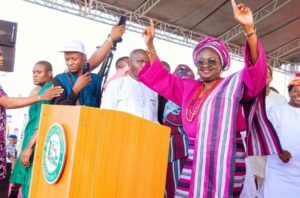
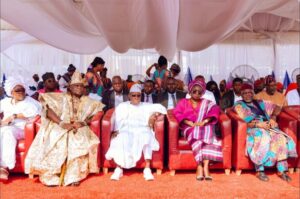
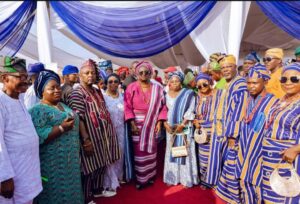
Former President Olusegun Obasanjo, who also spoke at the event, described Ota and its environs as the industrial capital of Ogun State and, by extension, Nigeria. He called for collective responsibility among indigenes to accelerate development in Aworiland.
“For Aworiland to be more developed, all hands must be on deck. Sons and daughters of Ota must continue to support the Olota so that development can reach every corner of the land,” Obasanjo said.
Earlier, the Olota of Ota, Oba (Prof.) Abdulkabir Obalanlege, congratulated all sons and daughters of Ota Awori on the 2025 Odun Omo Iganmode celebration, noting that the festival has remained a unifying platform for indigenes at home and abroad.
He said the annual celebration has continued to promote Ota’s rich cultural heritage while strengthening unity among its people, urging them to remain united and place the growth and development of Ota and Aworiland above personal interests.
Do you want to share a story with us? Do you want to advertise with us? Do you need publicity for a product, service, or event? Contact us on WhatsApp +2348183319097 Email: platformtimes@gmail.com
We are committed to impactful investigative journalism for human interest and social justice. Your donation will help us tell more stories. Kindly donate any amount HERE



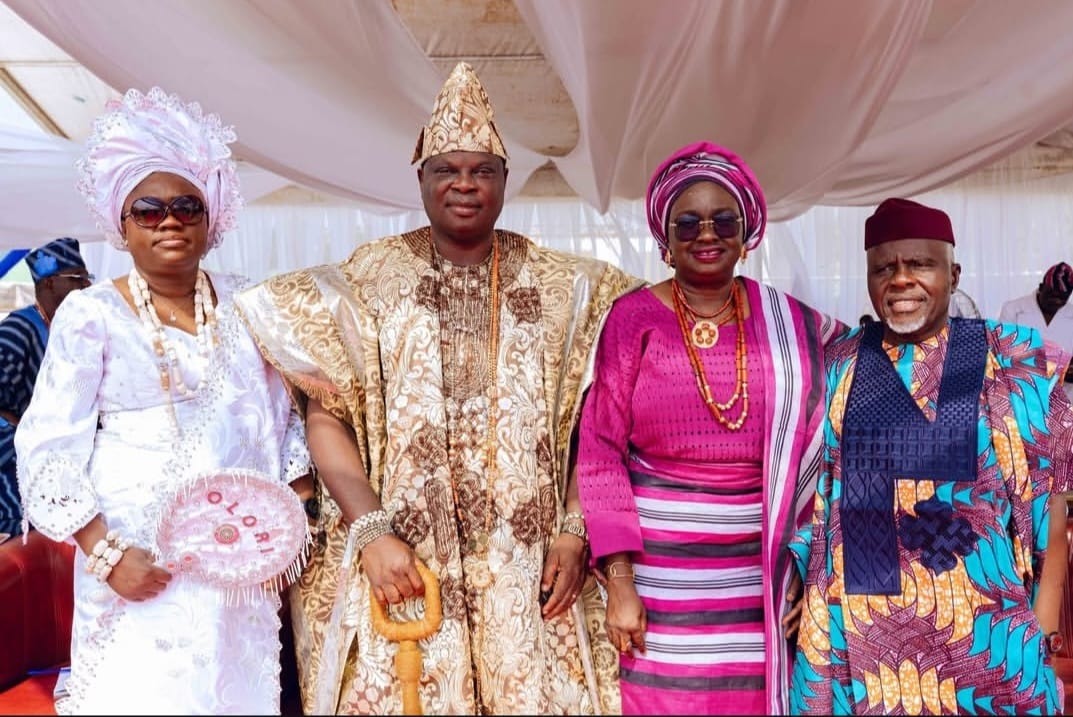





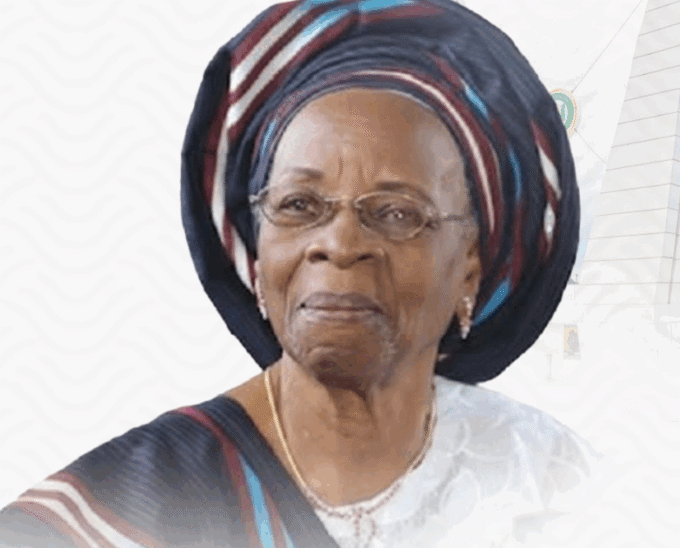

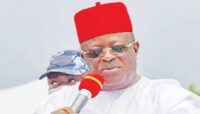
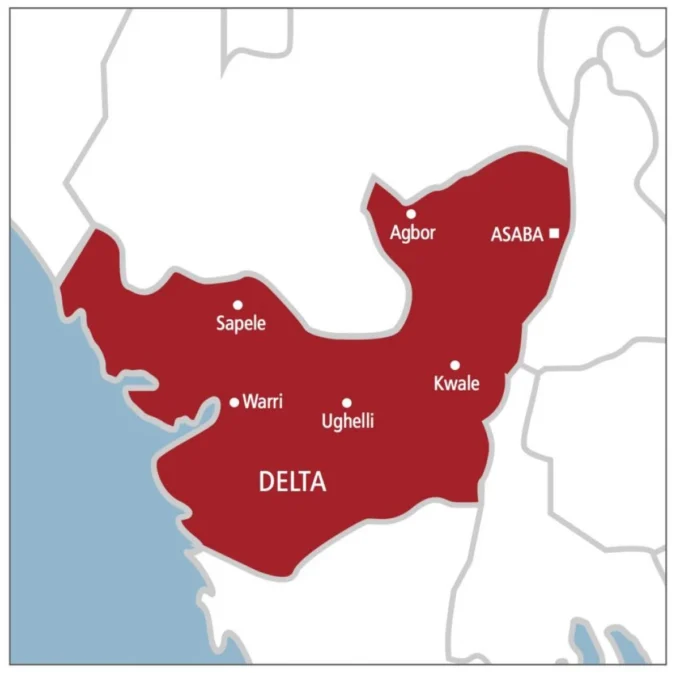
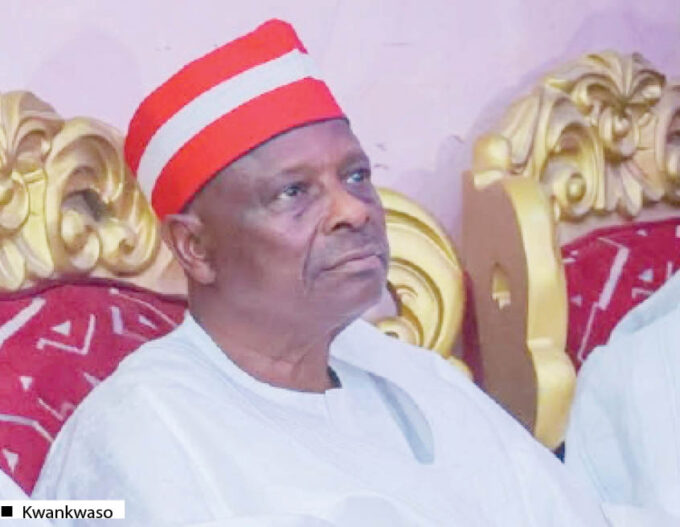

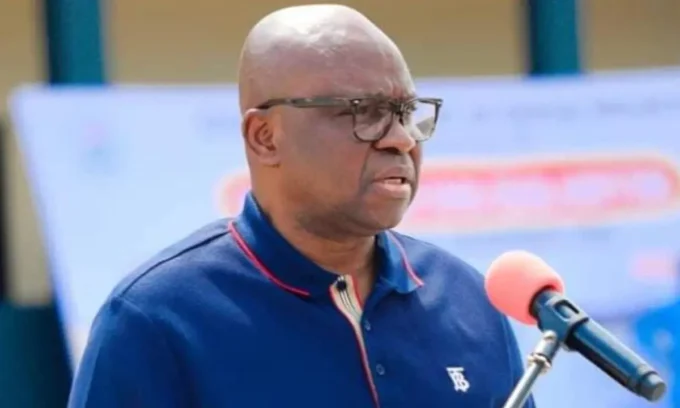





Leave a comment